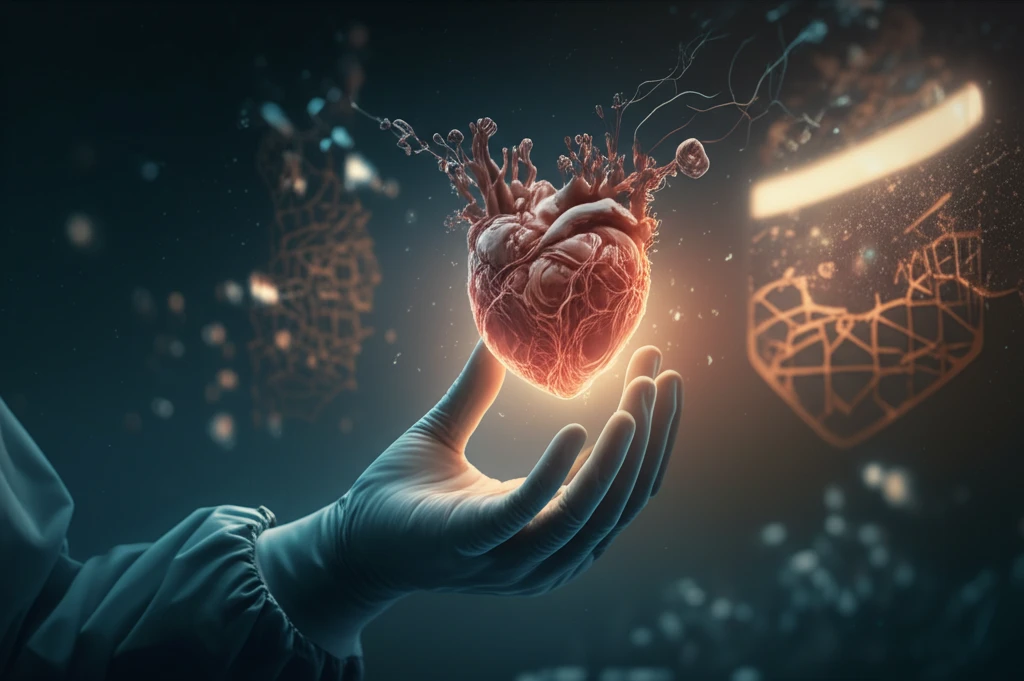
Porcine-Free Procedures: A Muslim Patient's Guide to Tissue Engineering and Reconstructive Surgery
"Navigating tissue engineering and reconstructive surgery within Islamic guidelines. Discover alternatives to porcine-derived biomaterials for Muslim patients seeking medical care."
Over the last three decades, tissue engineering and reconstructive surgery have revolutionized medical treatments, presenting novel therapeutic options. These advancements often involve biomaterials, used alone or in conjunction with cultured cellular products, to address the scarcity of autologous donor tissue and enhance healing across various surgical specialties, including abdominal, visceral, plastic, and cardiovascular surgery.
Many of these biomaterials are derived from porcine sources. Islam prohibits the consumption of pork or any of its by-products. This creates a unique challenge for Muslim patients, who account for a substantial portion of the global population (approximately 1.6 billion or 23 percent). Thus, it becomes crucial to thoroughly examine the implications of using porcine-derived tissue-engineered products in surgery.
This article addresses the permissibility of porcine-derived products in life-threatening conditions or severe diseases when non-porcine alternatives are unavailable. This distinction carries significant importance for the medical community and researchers in biotechnology and industry, prompting the exploration of alternative materials. This guide aims to provide clarity and support to Muslim patients navigating these complex medical decisions.
Understanding Islamic Bioethics: Core Principles for Medical Decisions

Islamic bioethical principles are deeply rooted in the teachings of the Qur'an and the traditions of Prophet Mohammad. In Islam, human beings are viewed as the pinnacle of creation (Qur'an [2:30]), entrusted with reason, responsibility, and the welfare of other creatures, the environment, and their health (Daar & al Khitamy, 2001). Illness isn't seen as a punishment but as a condition to be treated, encouraging Muslims to preserve their health and seek appropriate medical care (Daar & al Khitamy, 2001; Sachedina, 2005).
- Necessity prevails over prohibition: When faced with unavoidable circumstances, leniency is granted.
- Prevention of harm: All possible measures should be taken to avert harm.
- Lesser transgression: If a choice must be made, the lesser of two transgressions is preferred.
- Societal interests: The well-being of society takes precedence over individual concerns.
Making Informed Decisions: A Path Forward
Navigating medical treatments involving biomaterials requires careful consideration for Muslim patients. Understanding Islamic bioethical principles, exploring available alternatives, and engaging in open communication with medical professionals are essential steps. By prioritizing informed decision-making and respecting individual beliefs, patients and healthcare providers can work together to ensure the best possible outcomes within the framework of Islamic values.
